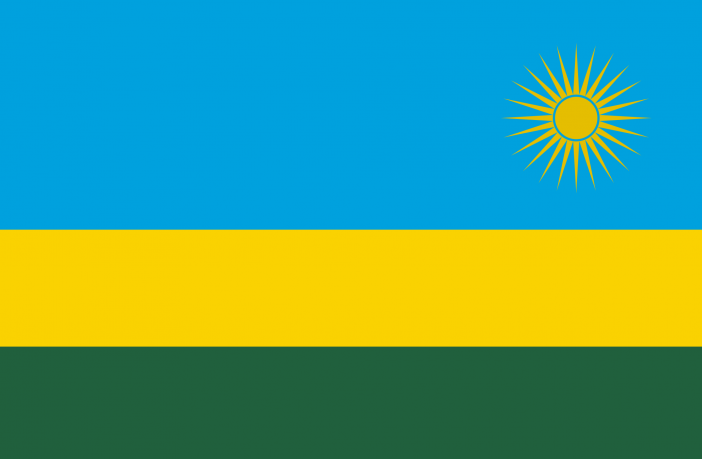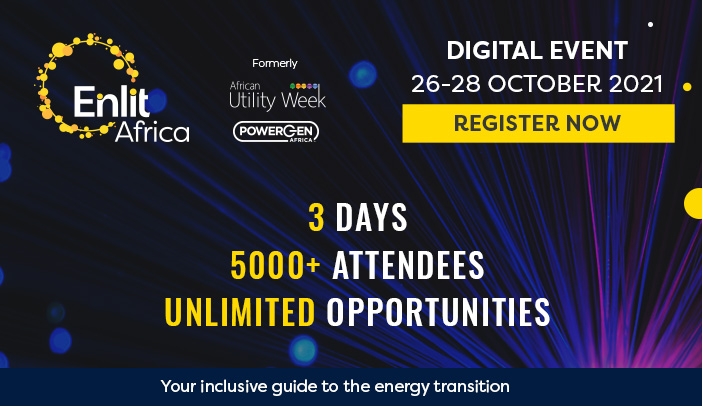- European investment programme GET.invest and the GIZ Financial Systems Development Cluster will collaborate with Rwandan financiers to increase investment into decentralised renewable energy projects through local currency financing.
Both programmes are implemented by the Deutsche Gesellscaft für Internationale Zusammenarbeit (GIZ). The collaboration is part of GET.Invest’s mission to strengthen renewable energy markets.
While investment in renewable energy projects in Rwanda has increased over the past few years, this has been mostly done through international capital and foreign currency. Local currency financing is proving to be a missing link to scale up investment flow into renewables.
The newly launched collaboration between the two programmes and banks will support financial institutions in Rwanda to develop and offer finance products to increase the share of financing for renewables.
The first round of financing will see the Bank of Africa Rwanda and Cogebanque provided with tailor-made training and coaching to expand their scope of action in this area.
A press release from GET.invest contained a statement from Cogebanque expressing their happiness to partner with the programmes to increase their outreach towards small to medium enterprise customers involved in renewable energy projects: “Among the key challenges for companies involved in renewable energy in Rwanda is a lack of financial support (mainly financial advisory services, training and products tailored to this sector) and market insights. This partnership will allow us to offer specific financial services to the sector players/stakeholders in the country.”
Local currency financing will depend on the needs of the clients
The Bank of Rwanda statement pointed out the country is blessed with renewable energy resources which display untapped potentially especially in the micro hydropower field. “To address the low rural electricity access level and relatively high cost of existing generation alternatives, the government has embarked upon a sizeable micro hydro development programme to provide power to rural villages and towns.
“It is in order that the Bank capitalises on available capacity building programmes that will vest the Bank’s business teams with required technical knowledge in driving investment in renewable energy to ensure processes’ efficiency, effective risk mitigation and ensure that it is profitable,” reads the statement.
The focus of the tailored approach is not yet determined but may include advisory on due diligence processes and the development of specific financial products for renewable energy projects and companies.
In parallel, a virtual event series will be organised in collaboration with the Rwanda Bankers’ Association (RBA) which should focus on providing a better understanding of potential clients in the renewable energy sector and facilitating dialogue of financiers and companies and projects from the renewable energy sector.
The project started in June 2021 with a roundtable organised in collaboration with the Rwanda Bankers’ Association, attended by over 40 participants from 17 banks. The project will run until the end of 2021.
Author: Theresa Smith
 Theresa Smith is a conference producer for Clarion Events Africa.
Theresa Smith is a conference producer for Clarion Events Africa.
This article was originally published on ESI Africa and is republished with permission with minor editorial changes.













